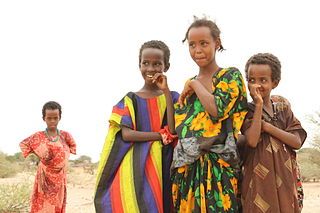Bringing Renewable Energy to Developing Countries

At a certain level, one could liken the Eleos concept to micro-lending, in that participants expect to be repaid. But this model takes the whole idea of business support several steps further. Here, fledgling portfolio companies receive a capital infusion that may total millions of dollars, which enables their rapid expansion.
The criteria, insofar as I understand them, include two key ideas: the business must put a significant number of people to work, and the product of the business needs to offer a demonstrable social good, perhaps potable water or better hygiene. And this is not an idle notion; Eleos has numerous case studies under its belt, some of which will bring tears to your eyes; please trust me on that.
Hey, what about clean energy? Why not build wind turbines, perhaps using our client WindStream’s hot new concept in low-cost micro-wind, which has already proven itself effective in delivering a compelling cost per watt? Admittedly, these are not the giant megawatt – or even kilowatt — machines we envision when we think about wind turbines. So we won’t be powering cement factories of charging a fleet of Nissan Leafs with them. But in this environment, that’s hardly the point.
Here, we could be bringing life-giving electricity to a huge population in the Third World that has never had it before. We could be coupling micro electric generation capacity with high-efficiency lighting, enabling an entire population to read after the sun goes down. We could be conjoining that capacity with computing, providing hundreds of millions of islolated people with access to the World Wide Web.
I think we have something to talk about here. Tomorrow morning, I’ll call my people at Eleos and see what I can do to facilitate this idea.

`A winning idea, Jalalabad Afghanistan was faced with a choice of Water and Sanitation or Internet and took Internet! turns out a fair choice. being a Plumber I was a bit bothered, but I hear good reports of free thinking and education in Water/sanitation issues!
Greg Chick
Here is a link to an article on solar energy in Fiji:
http://www.fijitimes.com/story.aspx?id=209330
There is definitely a place for solar-generated electricity in poor countries in areas where connecting to the grid is not practical. However, I continue to believe that renewable-generated electricity cannot play a major rôle in large prosperous countries.